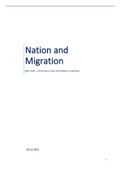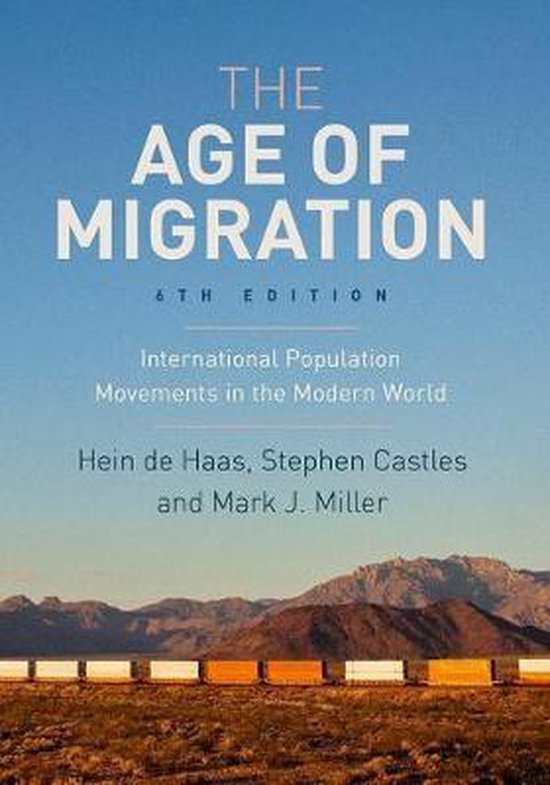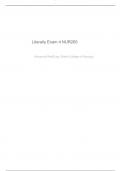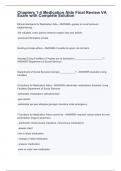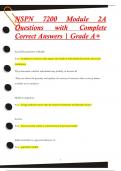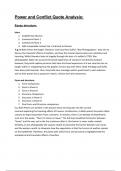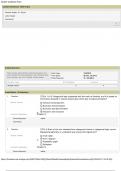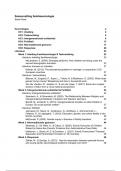Notes de cours
Nation and migration - All lectures, notes and exam questions
- Cours
- Établissement
- Book
This document entails all powerpoints of this course including some notes. At the end you can find the midterm exam questions (got a 8,5) with short answers and mock questions for the exam. Ideal for open book exams to find things quickly (control + f). Good luck!
[Montrer plus]
